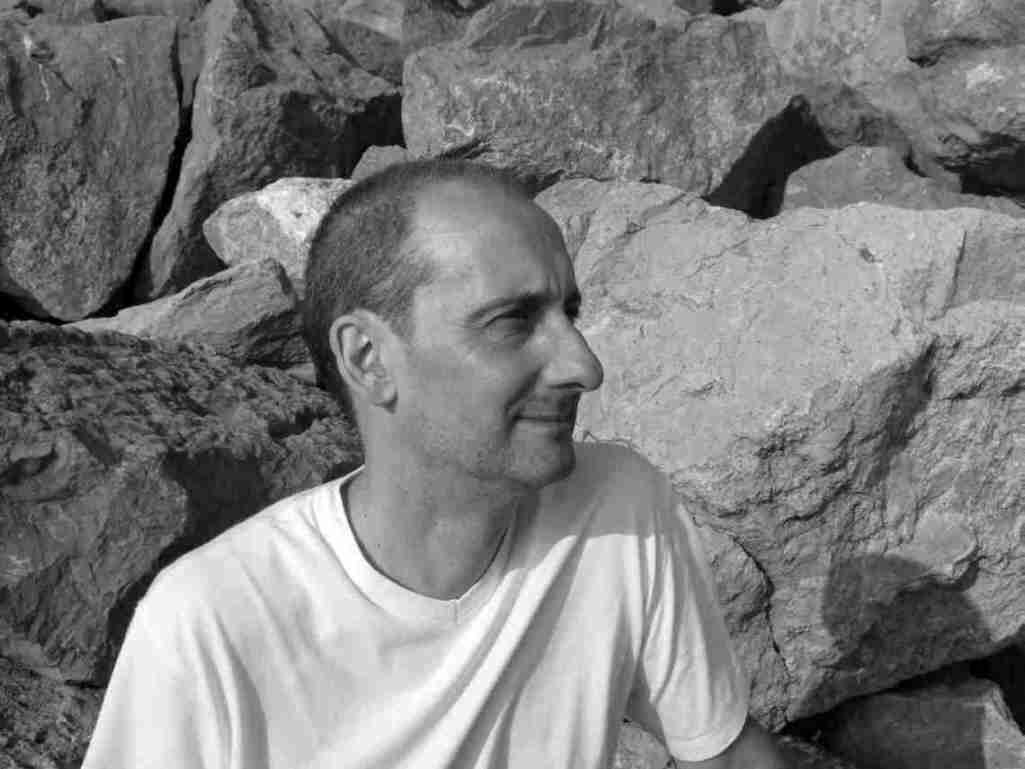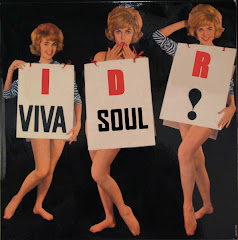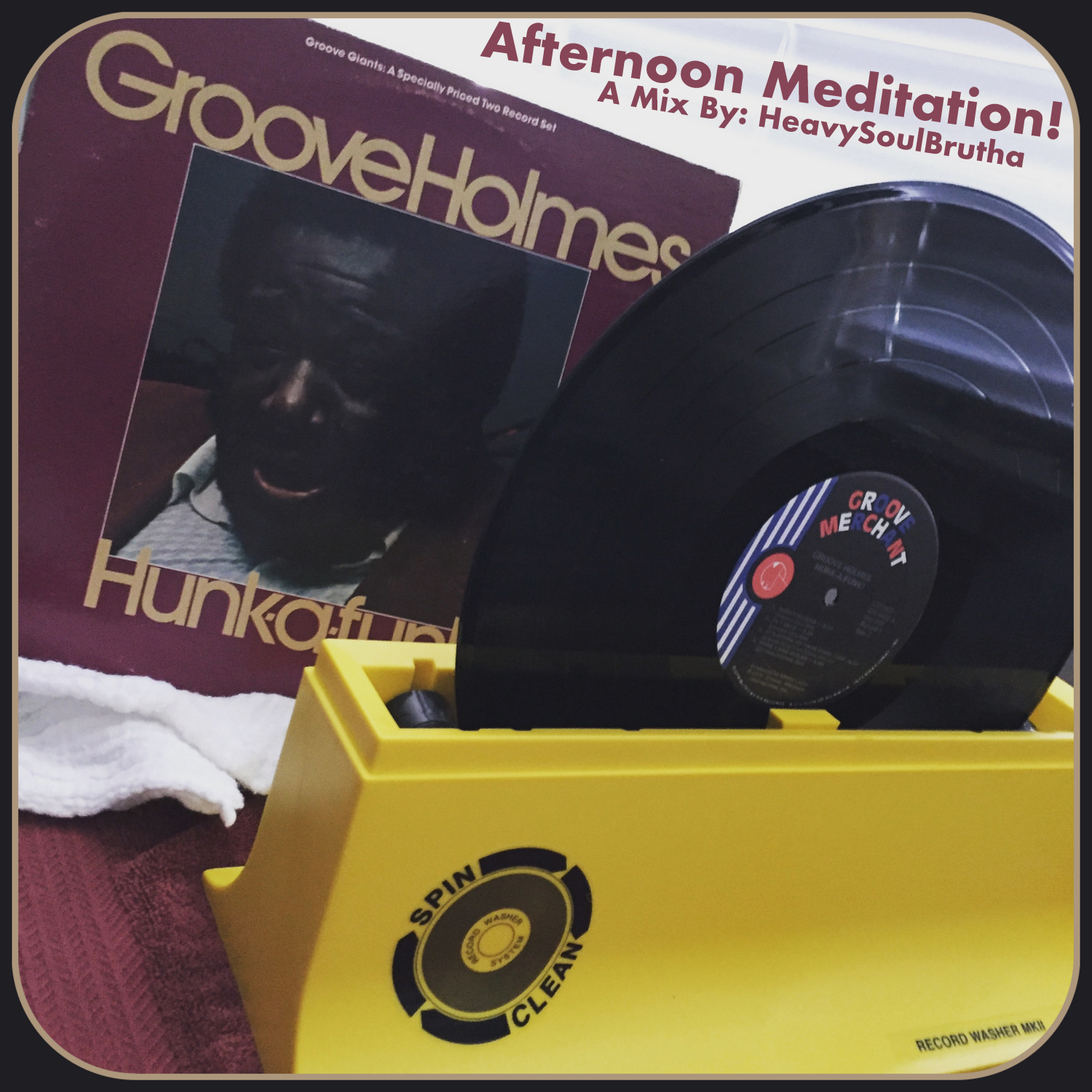
It was the early sixties in New York City. Alfred Hitchcock had already Released Psycho, the first televised presidential debates were held and America was already suffering the shame of the Bay of Pigs. Racial intolerance was still plaguing america and countries abroad. The streets of NYC, in particular the Bronx was no different. New York was facing grave economic times, with budgets being cut left and right from vital social programs, education and infrastructure. Many New Yorkers didn't know where their next meal would come from, or how to keep a roof over thier heads. These conditions forced many of the areas youth to turn to the streets to find a sense of identity. They found this identity through associations with gangs.
Although many of the areas gangs were violent by nature, the Ghetto Brothers started out on that path, but later on it proved to not be the destiny of its founder, Benjamin Melendez aka Yellow Benjy. He had a dream that his organization could be a positive rather than a negative in the community, to help Blacks and Puerto Ricans live better. He and his brothers began to re-shape the moniker of the traditional gang member, into something more dignified, community leaders. For too long the youth of New York City were oppressed and subjected to the humiliation of stereotype, and the insallation of the feeling that there could be no success in their inconsequential futures.
Besides being a community organization, Benjy Melendez (president of the GBs) and his brother Victor (vice-president), started a band as a way to bring togetherness throughout the community. Their message is best described on the back cover of their first and only record, Power Fuerza, which was originally released in 1971 on Mary Lou, a independent NY record label that released mostly salsa from the Bronx. The message reads as follows:
"This album contains a message; a message to the world, from the Ghetto Brothers. The Ghetto Brothers, a community organization dedicated to bridging the ever-increasing gap that exists between society and minority groups, believe music to be the common language of the world. Through music, they are able to inform society of the plight of the 'little people' in their quest for recognition. Therefore, the music of the Ghetto Brothers serves as a way of communication. If the Ghetto Brothers' dream comes true, the world will learn that the 'little people' wish to be acknowledged; wish to be properly educated in order for them to pass on their knowledge to their children and proudly inform them about their heritage and culture, and be a functioning part of the growth of America. If the Ghetto Brothers' dream comes true, the 'little people' will be 'little people' no more, and make their own mark in this world. Listen to the Ghetto Brothers…….and take heed."
The music that was recorded for their one and only release is as special as it's intended purpose. The Ghetto Brothers, like most youths during the 60's, were forever changed by Beatle-mania, which still influences their music today. Their unique hybrid of The Beatles, Nu-Yorican Soul, James Brown, and groups like Santana and Grand Funk Railroad is something that remains as fresh today as it was in 1971. Their story and music is a testament to persaverance through struggle and refusing to succumb to the pressures applied to them and their community for so long. These are our American Hereos and they should be respected as such. Truth & Soul Records

Check out the Ghetto Brothers website















































No comments:
Post a Comment